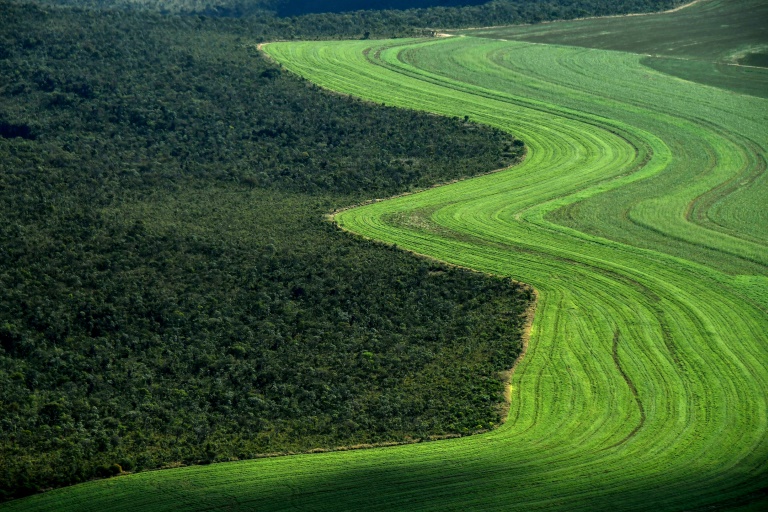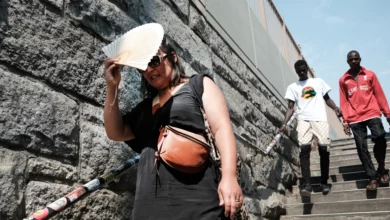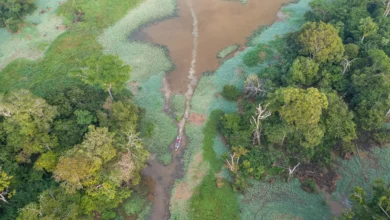Geneva–Six rich economies joined a website unveiled on Friday detailing pledges in short-term aid they made at last December's climate summit, a move aimed at restoring damaged trust with developing countries.
The portal www.faststartfinance.org showed that Britain, Denmark, France, the Netherlands and Norway had so far allocated the equivalent of US$3.2 billion in climate funds.
Twenty-seven poorer countries are named as beneficiaries, including Bangladesh, Brazil, Ethiopia, India, Indonesia, Morocco and the Philippines. Details of the projects and the timescale of funding were not given.
A sixth donor, Germany, said it had promised 1.26 billion euros (US$1.61 billion), but has yet to say how the money would be allotted.
"It will give trust that promises are being kept," Dutch Environment Minister Tineke Huizinga, who conceived the project, told reporters.
"I expect in the months to come much more countries will sign in the website."
The announcement was made on the sidelines of an informal meeting on climate finance in Geneva, gathering more than 40 countries.
The US representative at the talks, Todd Stern, said Washington would contribute to the site with a "very detailed document" setting out its estimates of country-by-country undertakings.
"From the very beginning of the year, we have been very much focussed on the visibility of fast-start financing," he said.
The commitments are part of an overall package of US$30 billion that rich countries declared in "fast-start" aid for 2010, 2011 and 2012 at the Copenhagen summit to help the poor tackle global warming and its impacts.
The money was seen as a show of good faith in the troubled negotiations under the banner of the UN Framework Convention on Climate Change (UNFCCC).
In the long term, according to a parallel but sketchier pledge made in Copenhagen, rich countries have promised to mobilise jointly 100 billion dollars a year by 2020.
But the infighting that marred Copenhagen left scars of mistrust among developing countries.
Poorer nations are keeping a watchful eye on the fast-track finances, insisting that donors honour the Copenhagen vow that funding be "new and additional."
Suspicions are high that a big chunk of the money will come from development aid or other budgets, thus damaging poverty alleviation in order to fulfill a political commitment.
"This initiative is a step in the right direction, but the question of additional funds is essential if trust is to be rebuilt," Romain Benicchio, Oxfam's policy advisor, told AFP.
Huizinga acknowledged that the information was provided by donor countries and the new portal "will not answer that particular debate" about additional sources.
UNFCCC Executive Secretary Christiana Figueres endorsed the scheme.
She said agreeing on finance was a "golden key" to unlock success at the UNFCCC's upcoming conference in Cancun, Mexico.
The November 29-December 10 parlay aims at reviving negotiations with an eye to sealing the elusive climate treaty a year later.
Figueres on Thursday pleaded for tolerance if money disbursed in 2010 came in part from existing budgets, given that the promises were made at the end of 2009.
"It would be understandable if not all 100 percent of the 10 billion for this year to be new and additional because those budgets have already been set," she said.
The Copenhagen Accord declared developed countries were committed "to provide new and additional resources… approaching 30 billion dollars" for 2010-2012.
This included forestry and investments through international institutions. Allocations for tackling emissions of greenhouse gases and for coping with the effects of climate change would be "balanced."




